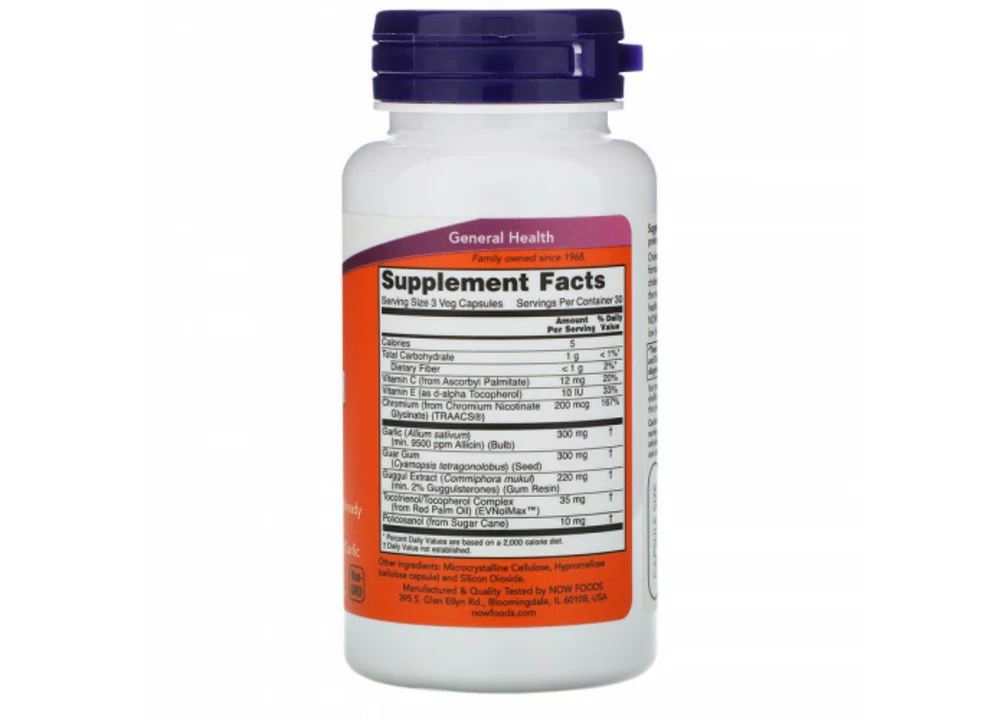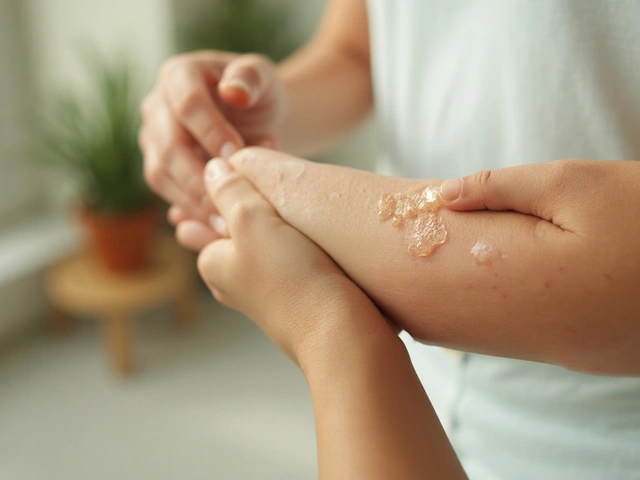Policosanol — a simple guide to what it is and how to use it
Heard about policosanol and wondering if it really helps cholesterol? Policosanol is a natural supplement made from plant waxes (often sugarcane or beeswax). People take it to try to lower LDL (bad) cholesterol and raise HDL (good) cholesterol. The research is mixed, but it’s still popular because it’s cheap, widely available, and usually well tolerated.
If you want a quick take: some studies—mainly older ones from Cuba—show clear benefits. Other trials, especially in Europe and the U.S., show smaller or no effects. That difference likely comes from variations in how policosanol is made, who took it, and what doses were used. So it can help some people, but it’s not a guaranteed fix.
What policosanol may do — and what the evidence says
Policosanol seems to affect how the liver handles cholesterol and may reduce cholesterol production. In a few trials, people saw drops in LDL by about 10–25% and small rises in HDL. But larger, higher-quality studies are not consistent. If you’re already on prescription statins, policosanol won’t replace them. Some people use it as an extra step when lifestyle changes alone aren’t enough, or when they prefer a natural option.
Expect results to show up over weeks to months. Don’t expect massive changes; think modest improvements applied to diet, exercise, and other heart-healthy habits.
Safe use, dosing, and picking a product
Typical doses in studies range from 5 mg to 20 mg per day, most often around 10–20 mg. People usually take it once daily with food. Side effects are usually mild — headache, upset stomach, or insomnia in a few users. Because policosanol can affect blood lipids and clotting, talk to your doctor if you take blood thinners or have liver disease.
Tips for choosing a supplement: look for brands that show the source (sugarcane or beeswax) and list the amount of active policosanol. Prefer products with third-party testing (USP, NSF, or independent lab reports). Avoid companies that promise quick dramatic results or recommend very high doses without evidence.
Want to try it? Start low, monitor cholesterol labs after 8–12 weeks, and watch for any side effects. If you’re on other cholesterol meds, discuss it with your clinician before adding policosanol. It might help a bit for some people, but treat it as one piece of a bigger plan: diet, exercise, and regular medical follow-up matter more.
For more on supplements, safer buying tips, and related meds, check RXMedicin’s guides and articles on heart health and alternatives. If you have specific health issues, a short chat with your doctor will clear up whether policosanol makes sense for you.
 21 May 2023
21 May 2023
Policosanol: The Dietary Supplement That's Making Waves in Cardiovascular Health
I recently came across Policosanol, a dietary supplement that's gaining popularity for its potential benefits in cardiovascular health. Derived from sugar cane, this natural compound has been shown to lower LDL cholesterol levels, which can reduce the risk of heart disease. It also seems to improve blood circulation, preventing blood clots and promoting overall heart health. As more research is conducted, it's exciting to see the potential of Policosanol in promoting a healthier heart. I'll definitely be keeping an eye on this supplement and its impact on cardiovascular health.
Latest Posts
-

Antitrust Issues in Generic Substitution: How Big Pharma Blocks Cheaper Drugs
-

Aloe Vera for Fast Dermatitis Relief: Natural Healing Benefits
-

Extra Super Avana (Dapoxetine & Avanafil) vs. Other ED & Premature Ejaculation Options
-

Enalapril and Depression: Understanding the Connection
-

Exploring Top Alternatives to Zithromax: Effective Antibiotics in 2025

10